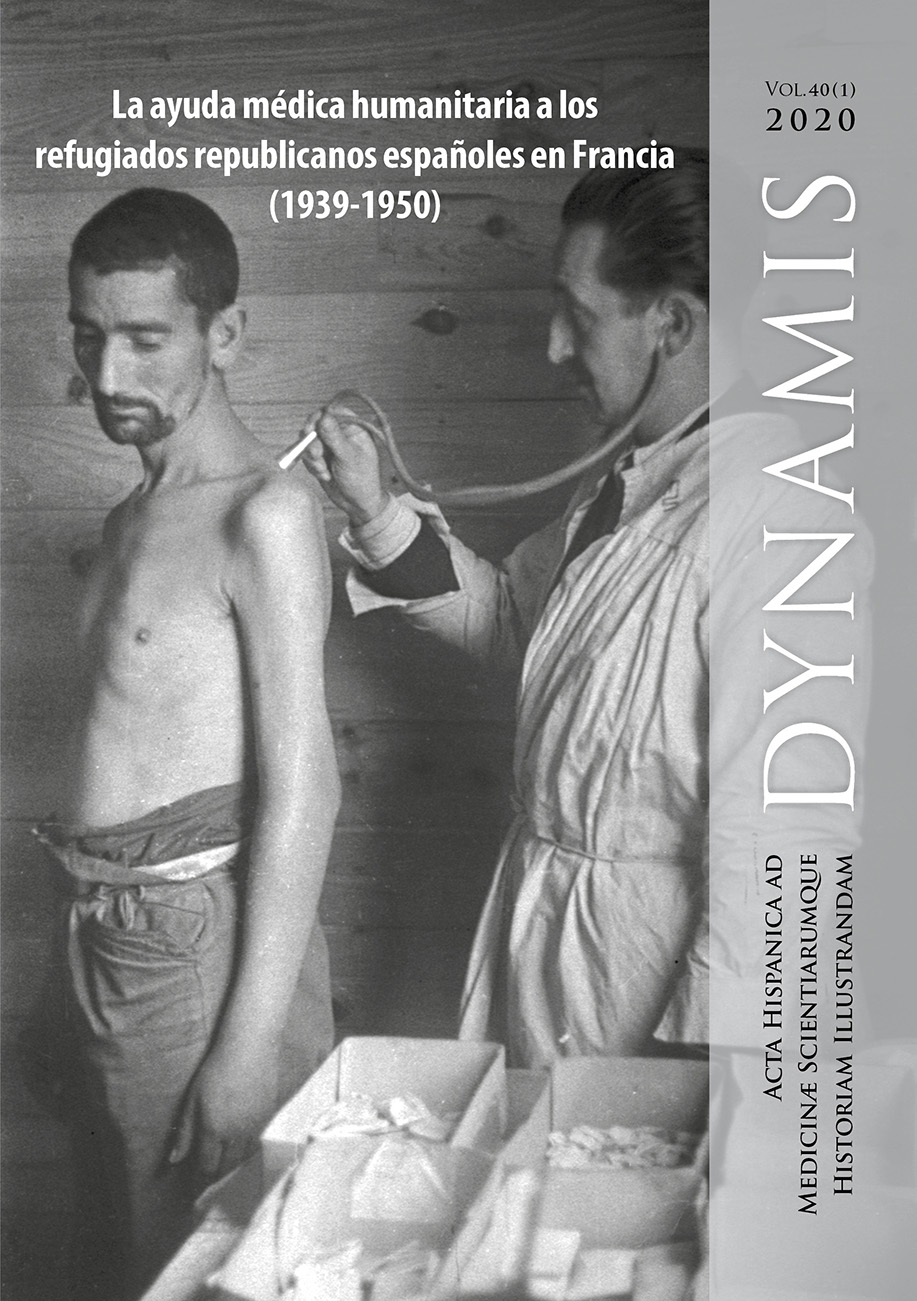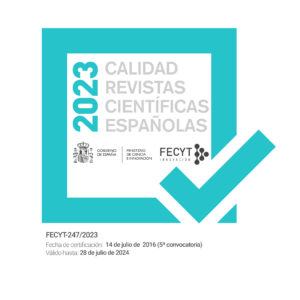Forensic Medicine and the crime of rape in Chile (1875-1922)
DOI:
https://doi.org/10.30827/dynamis.v40i1.15703Keywords:
legal medicine, execution principle, sexual violence, Chile, xix and xx centuriesAbstract
This article examines the interpretative change driven by the main exponents of Legal Medicine in Chile in relation to the conservative resolution of theoretical controversies around the so-called «principle of execution» related to the crime of rape, from its appearance in the first systematization of the criminal legislation up to the first two decades of the 20th century. Through the analysis of regulatory documents, bibliographic works, and collections of specialized medical-legal journals, we show how the meaning of this «principle», far from being established in 1874, was gradually prepared and modified thanks to key promoters of Legal Medicine in the country. We also analyze 100 judicial proceedings for rape in the criminal courts of Santiago and Valparaíso between 1890 and 1920 to examine the role of legal-medical experts in proving rape and to assess the practical implementations of their theoretical assumptions. We interpret medical and criminal discourses around rape as creators of a concrete reality, exploring medical-legal alliance and institutionalization processes within this area of knowledge. We consider their material implementation in the expert evidence commissioned by the criminal courts of Santiago and Valparaíso, showing that these actions combined to reformulate, reconstruct, and consolidate a long-lasting situation of penal inequality.
Downloads
Downloads
Published
How to Cite
Issue
Section
License
Dynamis se encuentra adherida a una licencia Creative Commons Reconocimiento (by), la cual permite cualquier explotación de la obra, incluyendo una finalidad comercial, así como la creación de obras derivadas, la distribución de las cuales también está permitida sin ninguna restricción.

















